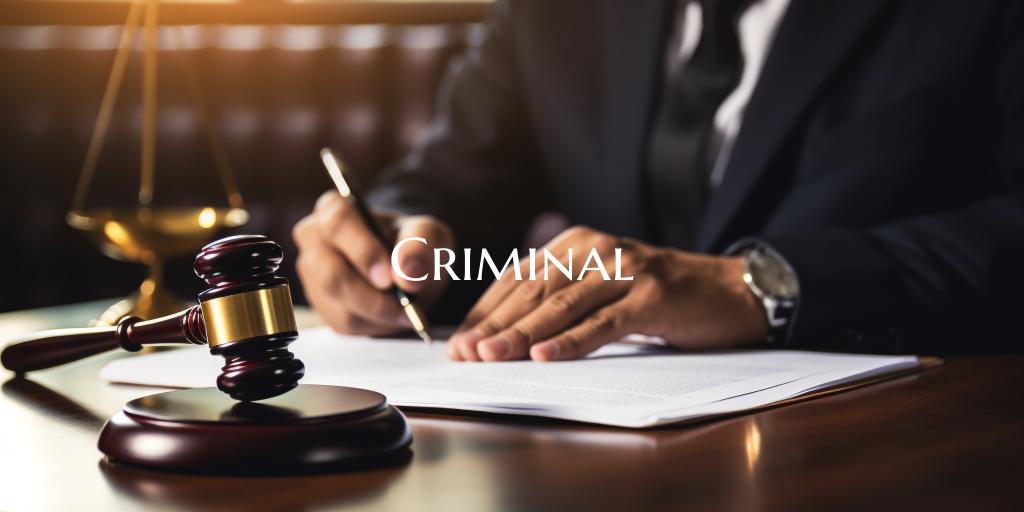
Criminal
"Criminal Justice System: A Comprehensive Overview"
The criminal justice system plays a crucial role in maintaining peace, order, and justice in society. It is a complex and interconnected network of institutions and processes designed to detect, investigate, prosecute, and punish individuals who have committed criminal offenses.
At the core of the criminal justice system are three main components: law enforcement, the judiciary, and corrections. Law enforcement agencies, such as the police, are responsible for investigating crimes, apprehending suspects, and gathering evidence. The judiciary, including judges and courts, ensures that the legal process is fair and impartial, and that individuals accused of crimes are given their day in court. Corrections institutions, like prisons and probation services, carry out sentences imposed by the courts and aim to rehabilitate offenders to prevent further criminal behavior.
Throughout the criminal justice process, various rights and protections are afforded to individuals to ensure that justice is served fairly and equitably. These include the presumption of innocence, the right to legal counsel, a fair trial by an impartial jury, and protection against cruel and unusual punishment.
In recent years, there has been growing awareness of the need for criminal justice reform to address issues such as racial disparities, mass incarceration, and the effectiveness of rehabilitation programs. Many jurisdictions are exploring alternative approaches to traditional punitive measures, such as restorative justice and diversion programs, to promote rehabilitation and reduce recidivism rates.
Overall, the criminal justice system is a vital component of society that seeks to uphold the rule of law, protect the rights of individuals, and promote public safety. By understanding its complexities and working towards meaningful reforms, we can strive towards a more just and equitable society for all.
